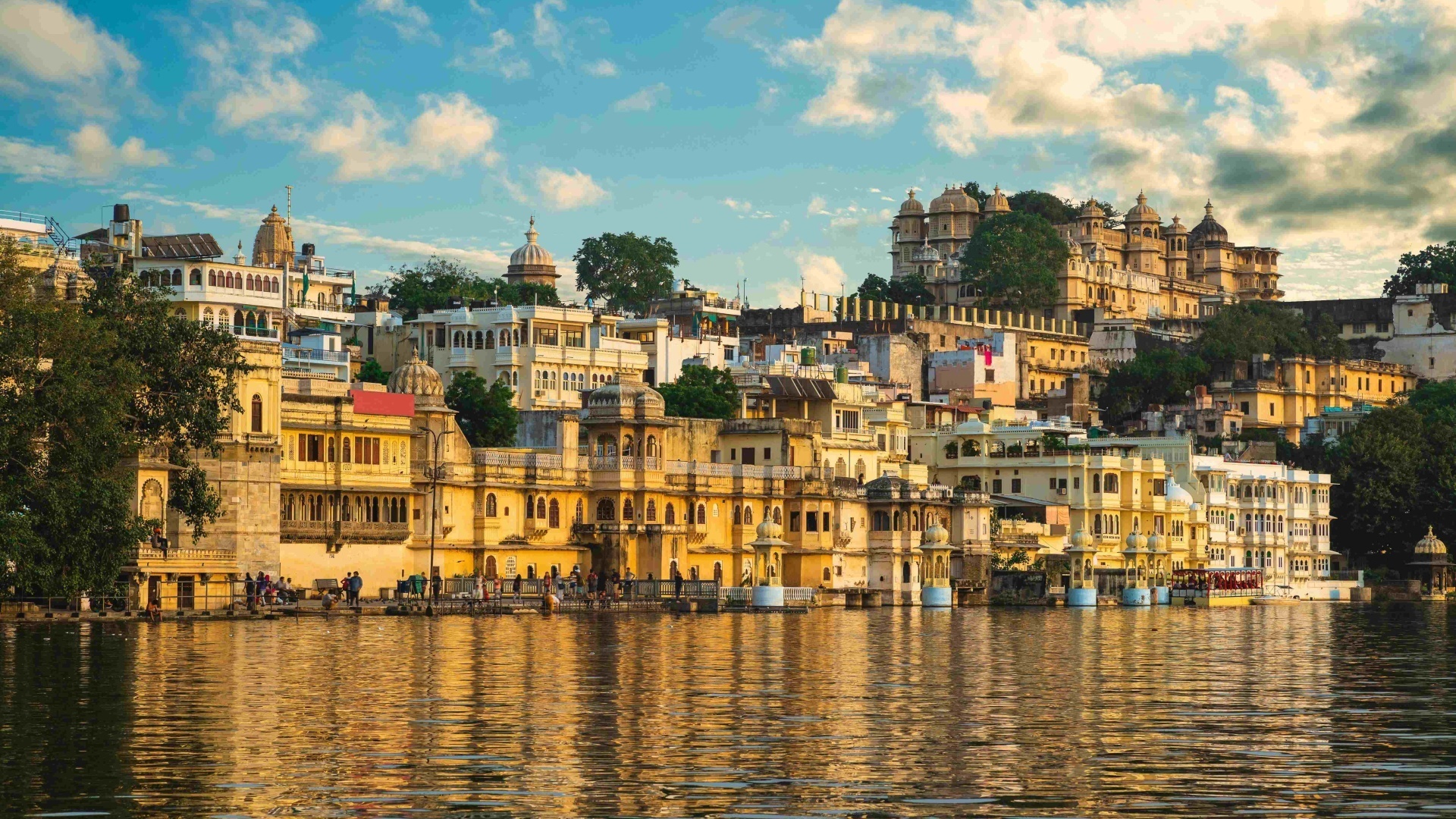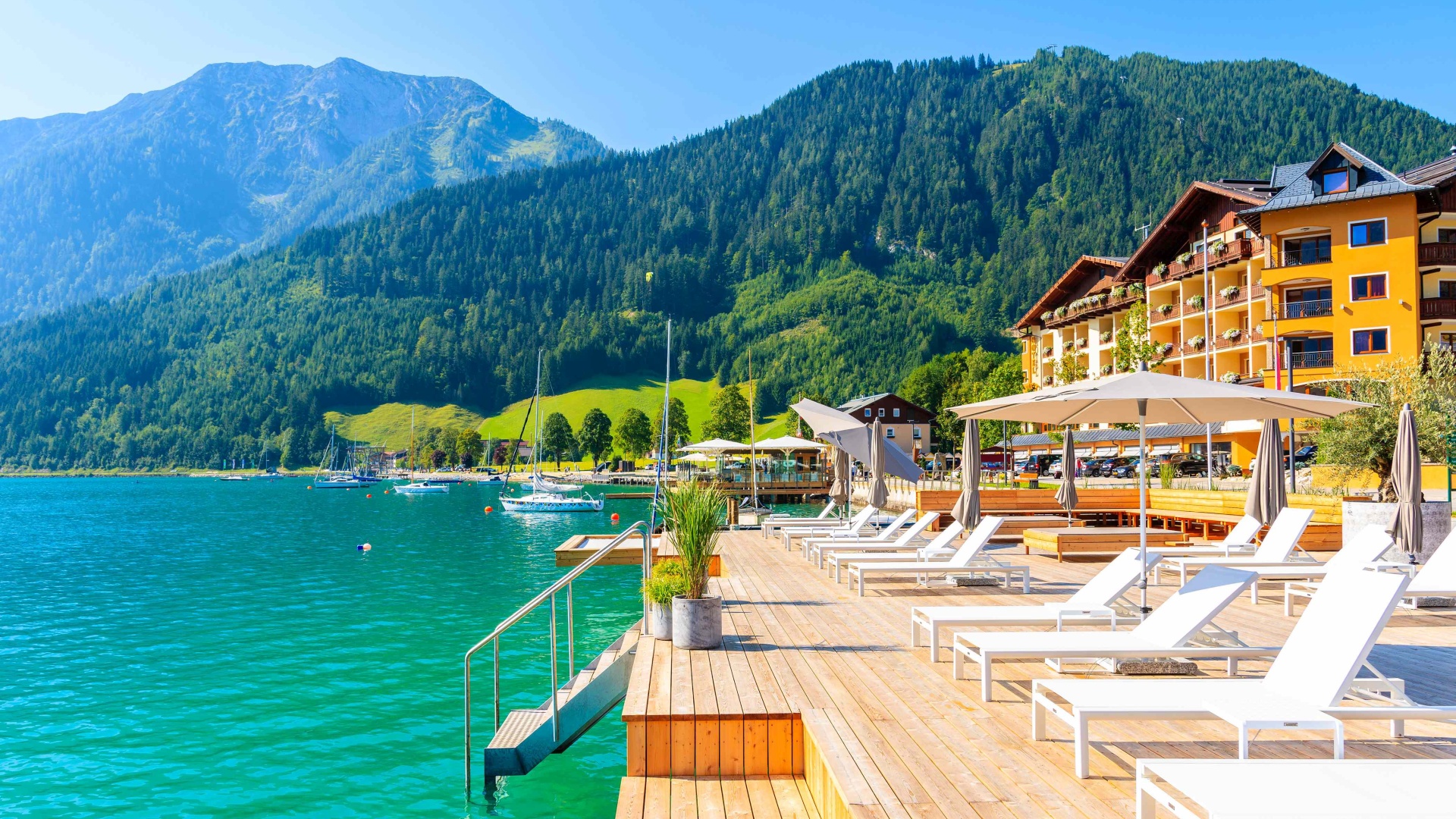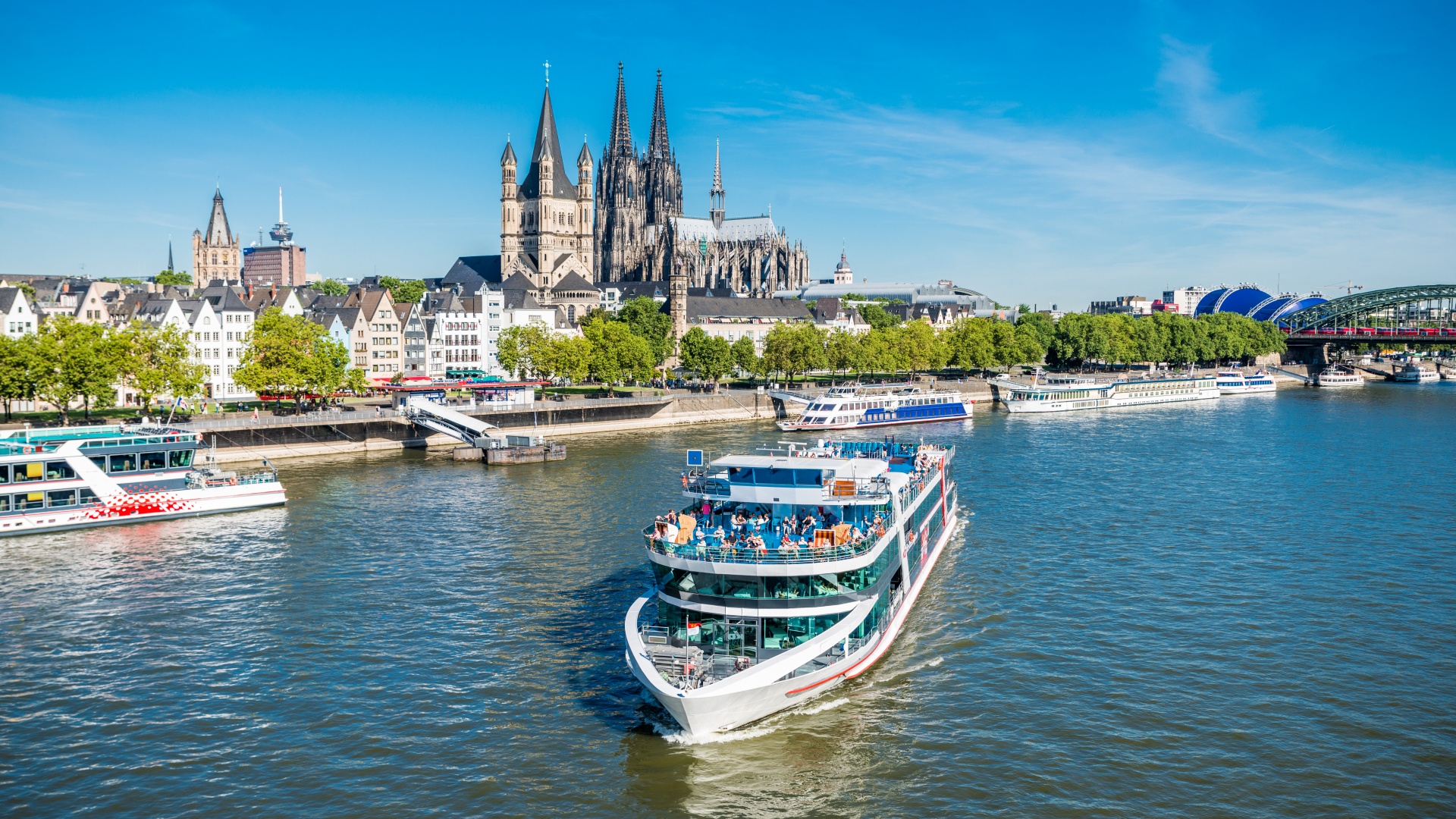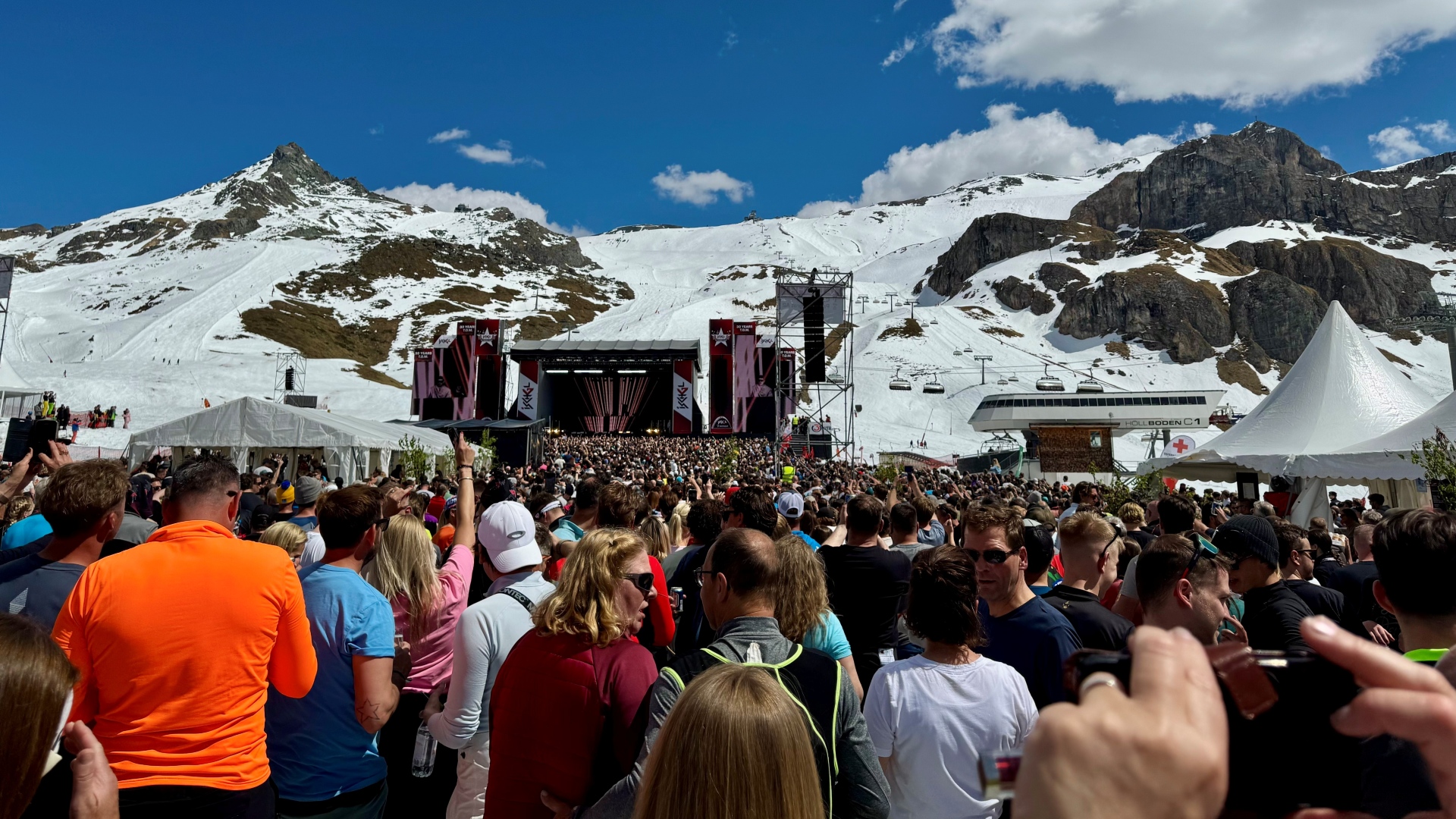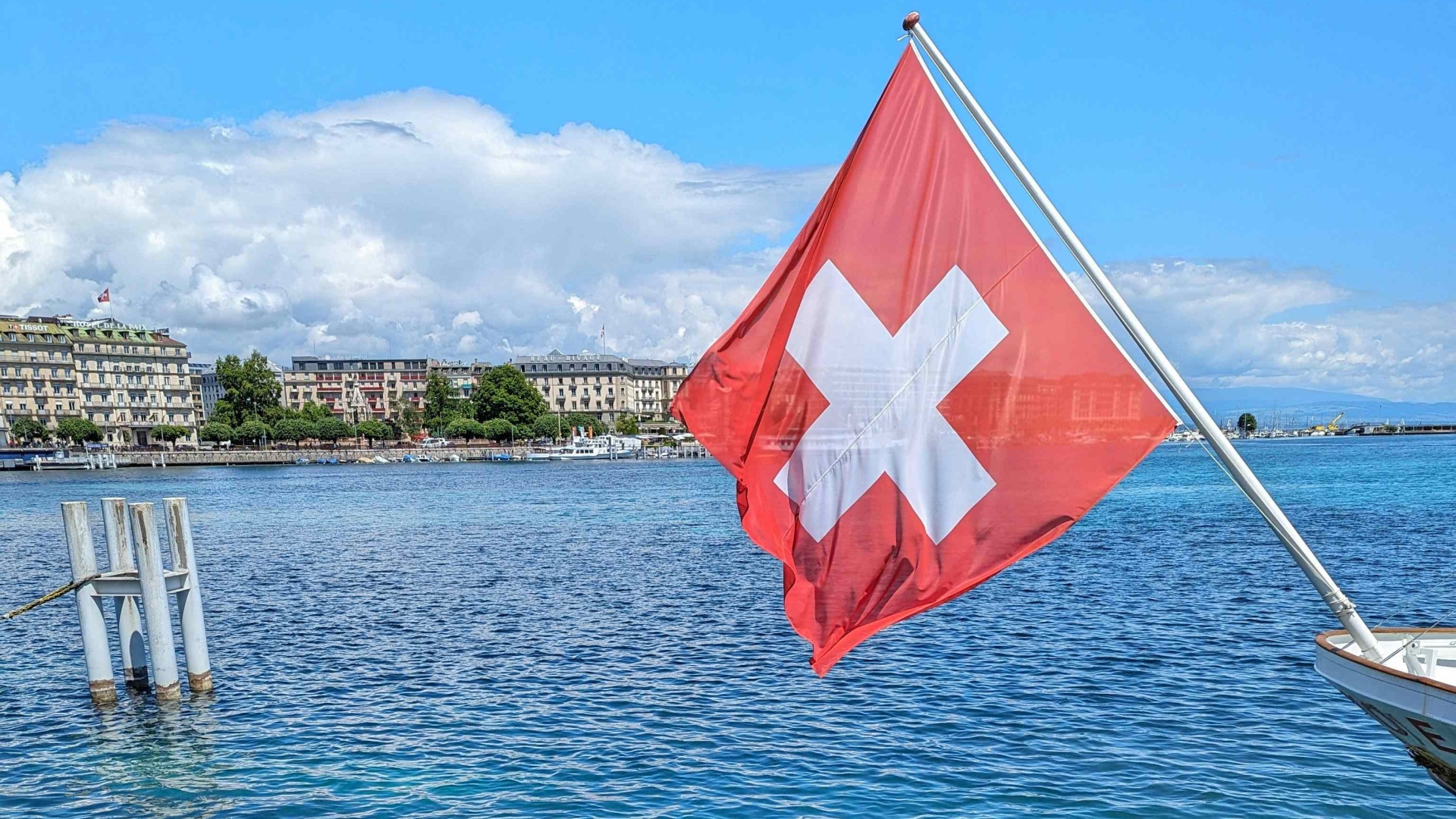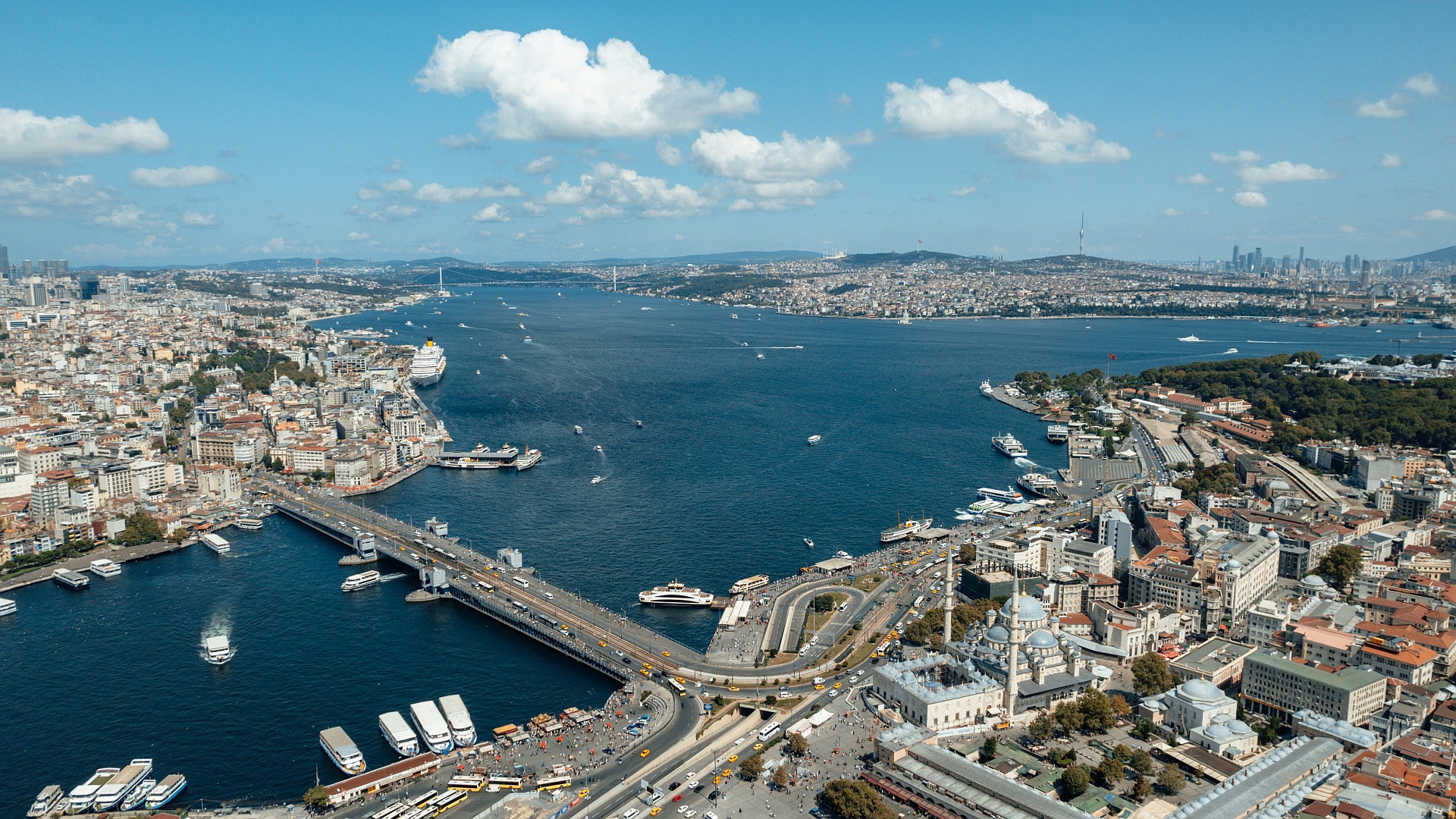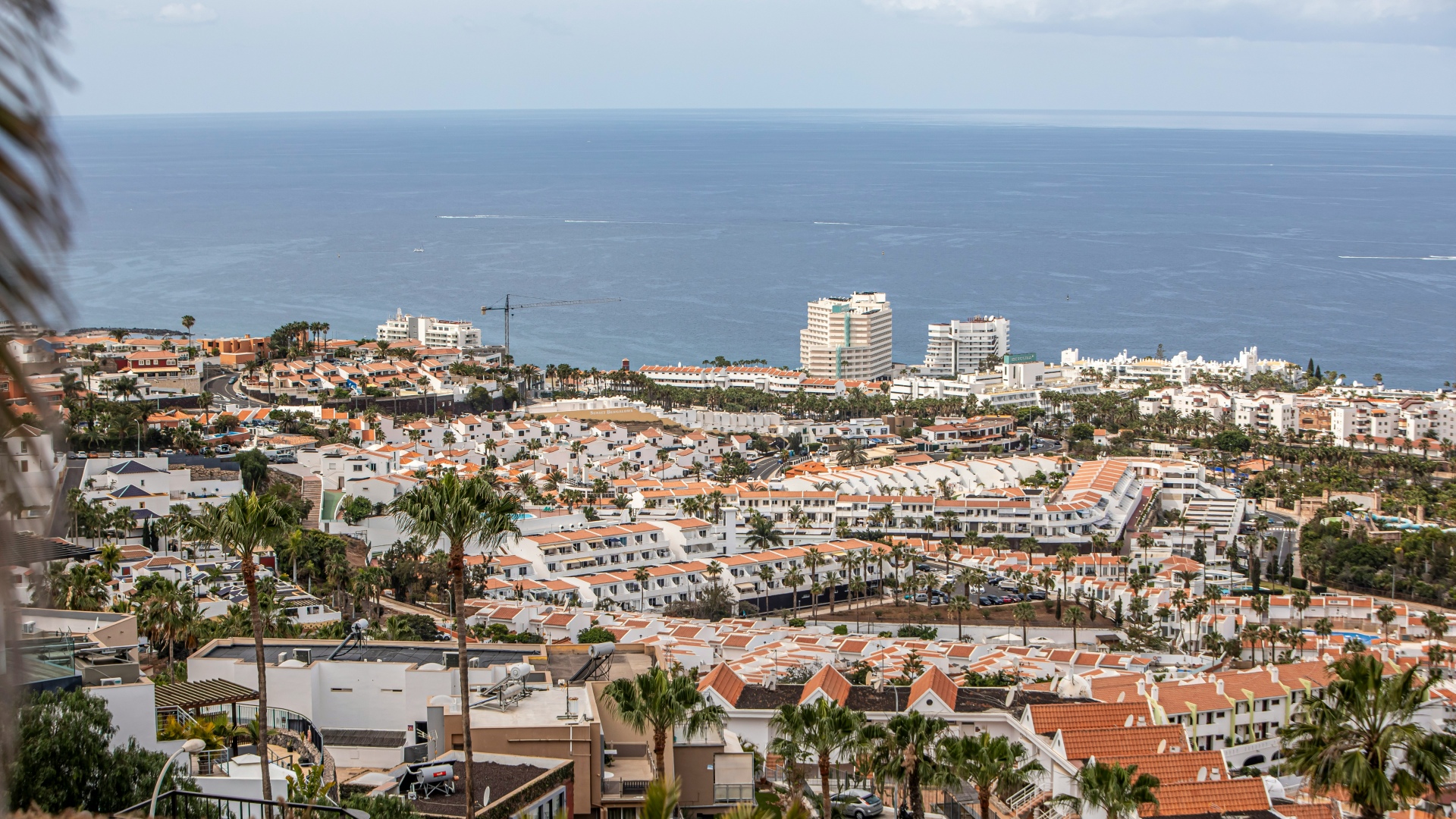
News & Stories
India seems to be the most interesting growth market in the world now – for both hotel development and outbound travel. The interest of international hotel chains in positioning themselves with their brands well and in good time is correspondingly lively.
In Austria as a tourist destination, more and more businesses are tending to postpone or cancel planned investments. Rising costs and economic uncertainties continue to affect them - despite the good booking situation.
Following JJ's success at the Eurovision Song Contest (ESC) in Basel on 17 May 2025, the artistic competition will be followed by the tourism competition in Austria. Which city can take on the role of host in 2026?
After a subdued start in the first quarter of 2025, there is cautious optimism regarding incoming tourism in Germany for the upcoming summer season. The USA - Germany's second most important source market - is a factor of uncertainty for the development.
Austria's tourism figures have proven to be extremely stable over the years. This is often justified by the exceptional quality of service, but on closer inspection, half-board hotels are booming less than (non-service) holiday apartments. The jump in apartment sales is massive. The market is changing.
Good news for Swiss hoteliers: after the Council of States, the National Council has now also approved the reduced value added tax (VAT) rate of 3.8 percent for accommodation services.
There is unprecedented uncertainty about future economic growth and consumer spending, due essentially to the ongoing trade war. Nevertheless, travel remains a top priority for consumers. For European hotels occupancy is set to become the critical factor in 2025.
In Turkey, the tourism sector is one of the most dynamic pillars of the economy - travel revenue reached a new high in 2024. At 61.1 billion US dollars, they increased by 8.3% compared to the previous year.
Airbnb has signed a landmark agreement with the Canary Islands government to remove illegal short-term rentals, setting a possible precedent not just for Spain but for the entire European Union.
Anyone travelling to the UK now needs a digital entry permit. Online traps are now lurking: Third-party providers are cashing in - often for little to no real service.
